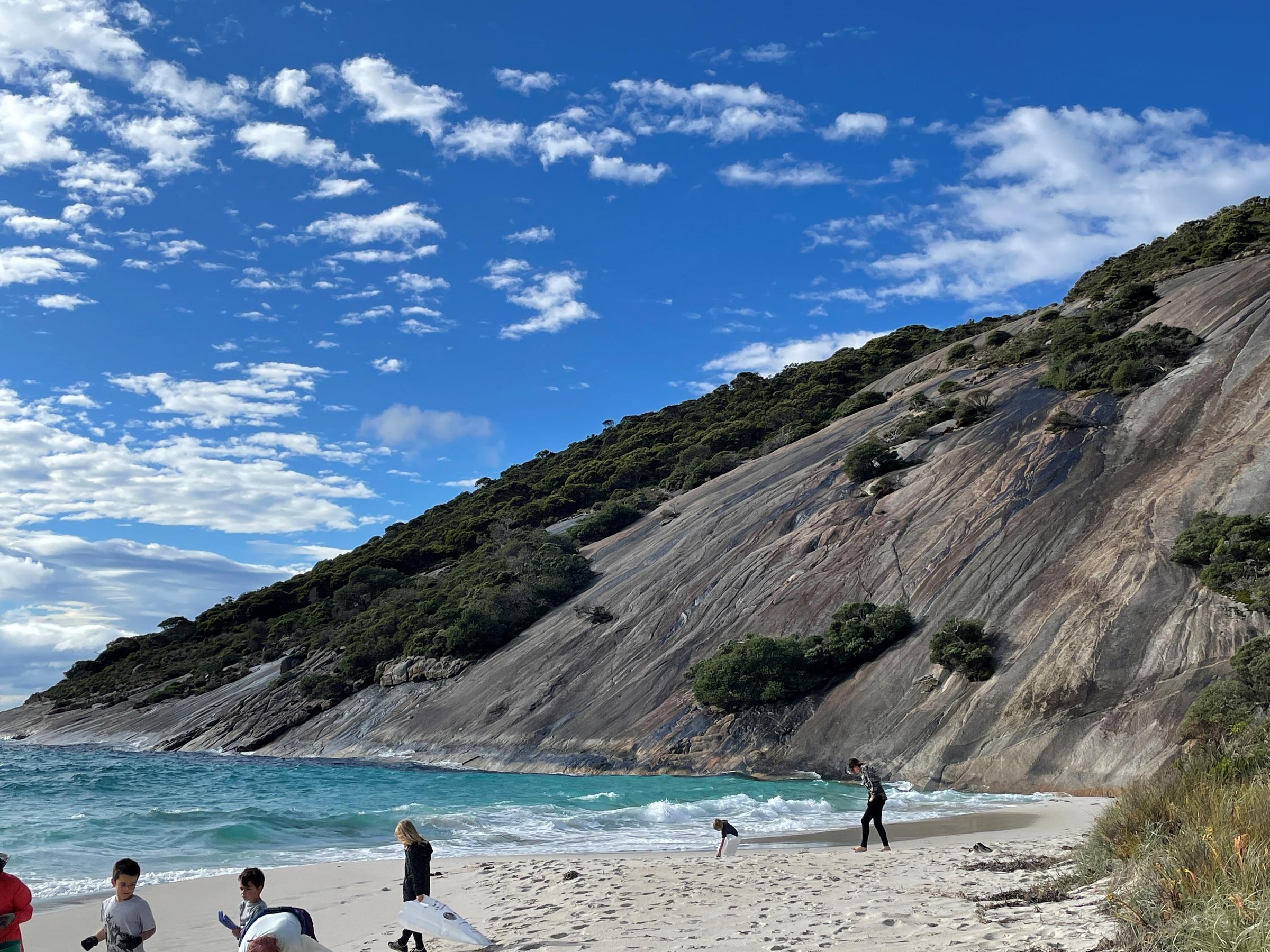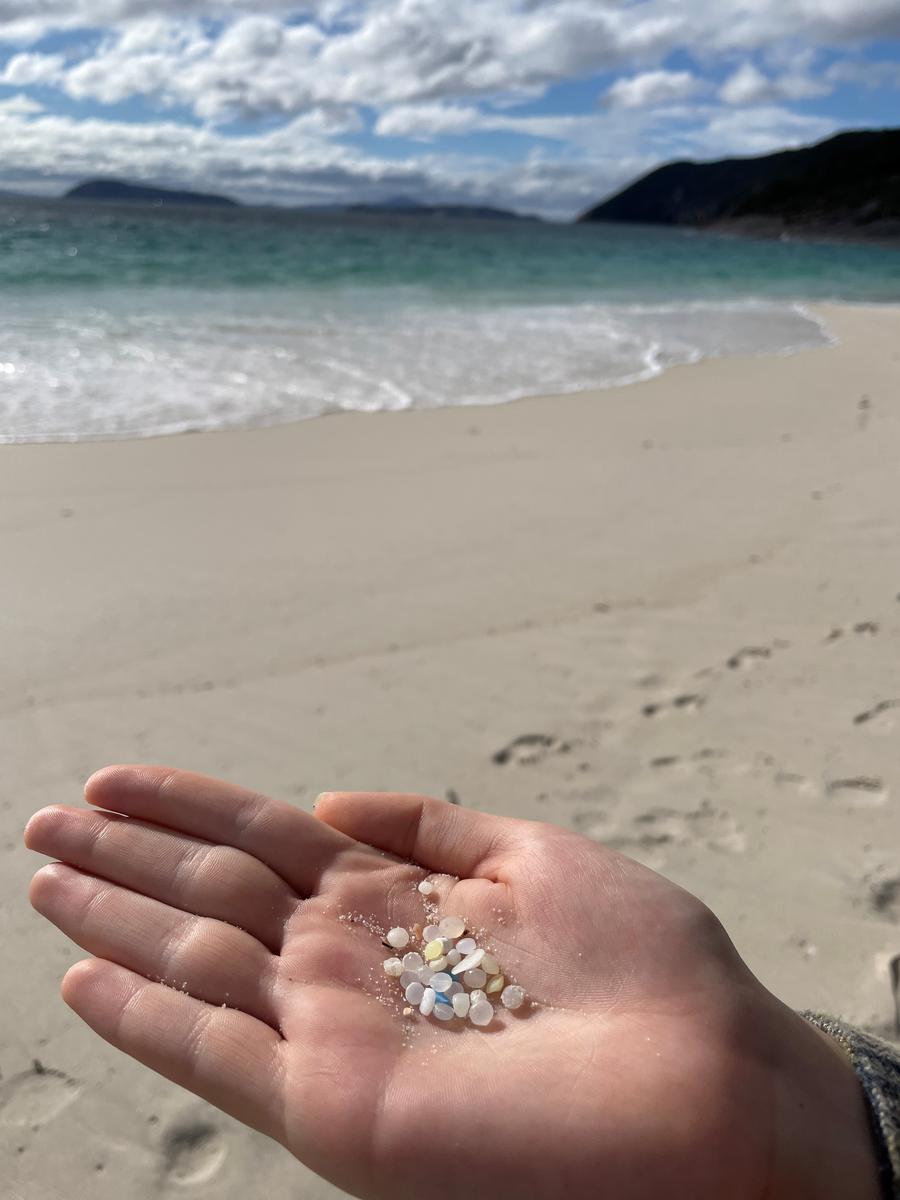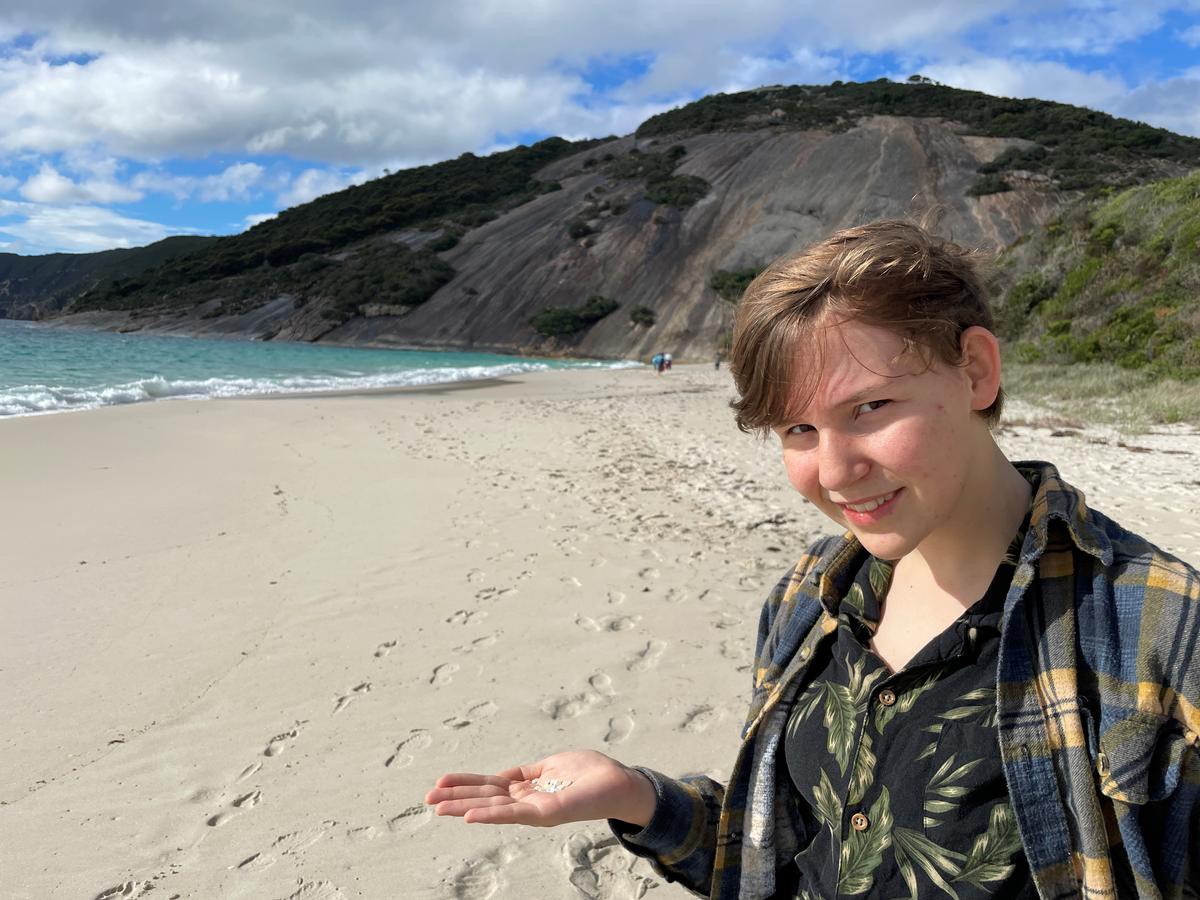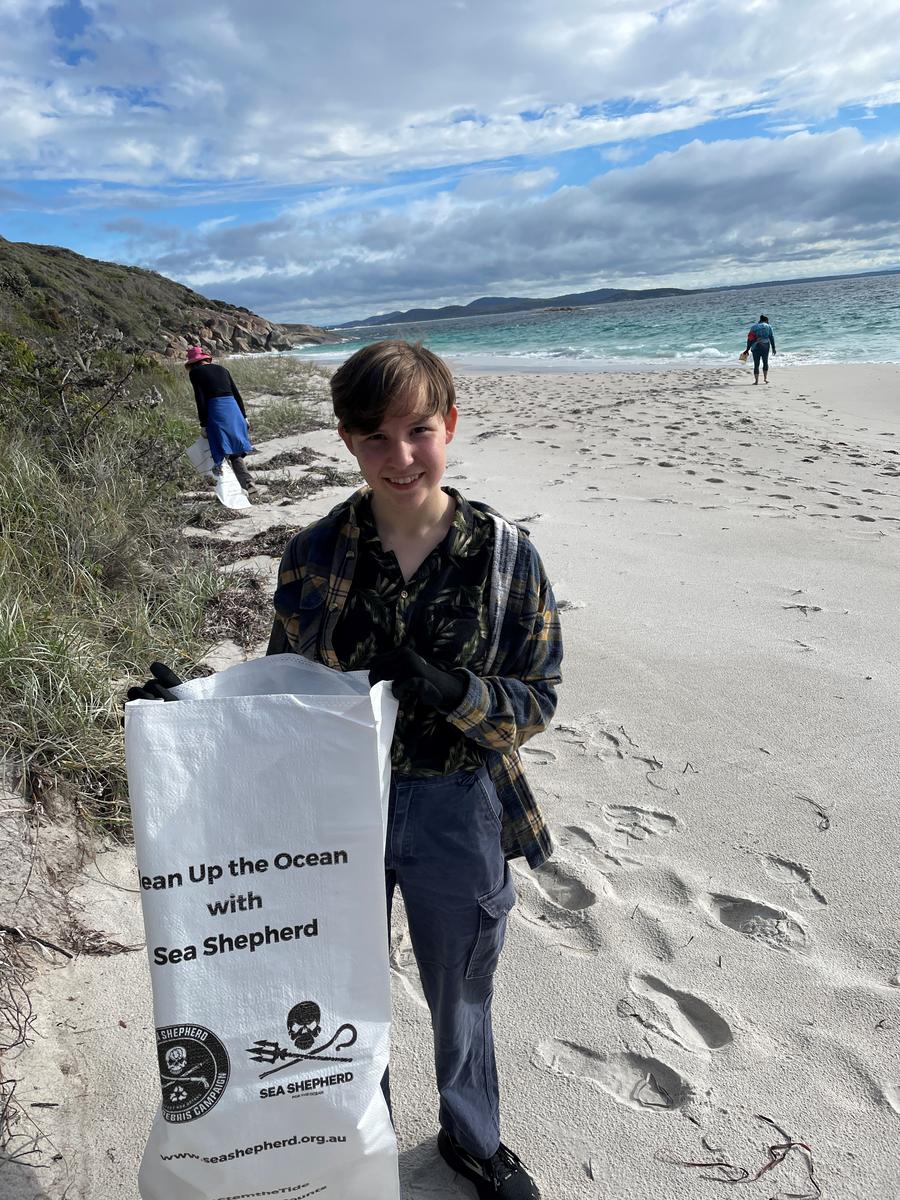Boarding News

Nurdles
Within boarding, we seek opportunities to support the local community and over the last few years, boarders have joined with 'Sea Shepherd' to help clean up Albany’s waterways. On Sunday 12 June, Ms Bromhead and I went down to Misery Beach to do a clean-up with the organisation 'Sea Shepherd'. We had originally thought that we would be picking up larger bits of rubbish, for example bottles, cans, and bags. But instead, we had a lesson from the Sea Shepherd staff on an enormous international pollution problem, nurdles.
Nurdles are a kind of microplastic and are the rawest form of plastic, forming the basis of all plastics production. They are approximately the size of a bead. These nurdles enter the ocean when large shipping containers escape or crash into the ocean during transportation. One of these spillages happened in August 2020, near South Africa, it affected 2000km of coastline. Out of the nurdles that went down only 23% of them have been recovered, which is 49 tons. There are estimates that up to 250 billon tonnes of nurdles enter the ocean each year.
The danger of nurdles is that they are often mistaken for fish eggs or sea plants. Nurdles are ingested by seabirds and fish, causing malnutrition and starvation. The high concentrations of environmental pollutants they absorb, in addition to chemicals used during their production, also find their way into marine creatures.
We found the collection of nurdles to be a fascinating experience and we challenge all Great Southern Grammar students (and their families) to keep their eyes out for nurdles next time you go to a beach. If each of us collected some, we can help prevent the destruction of the marine environment. Look out for other opportunities to help 'Sea Shepherd' and other organisations to keep Albany beautiful.
Lily Quick | Year Ten student




